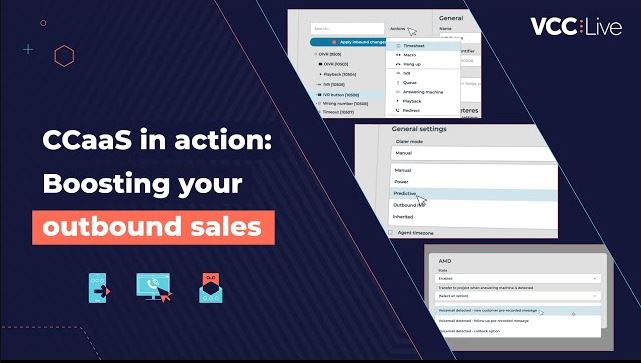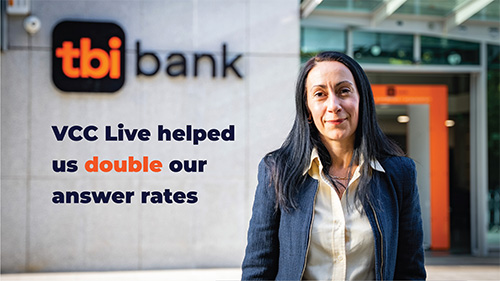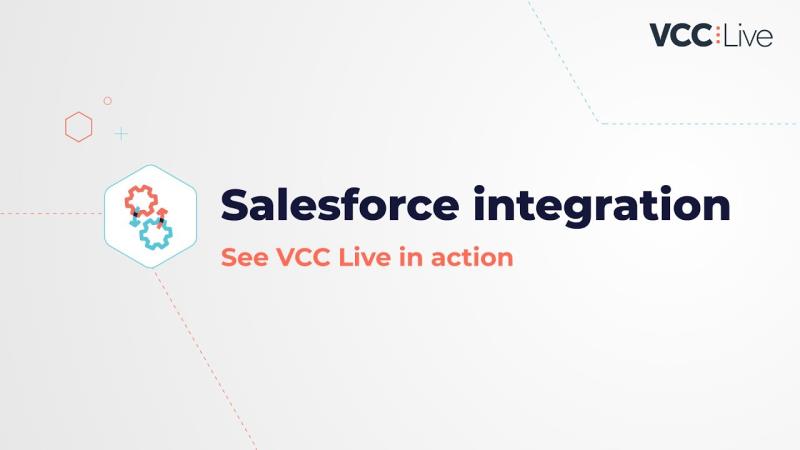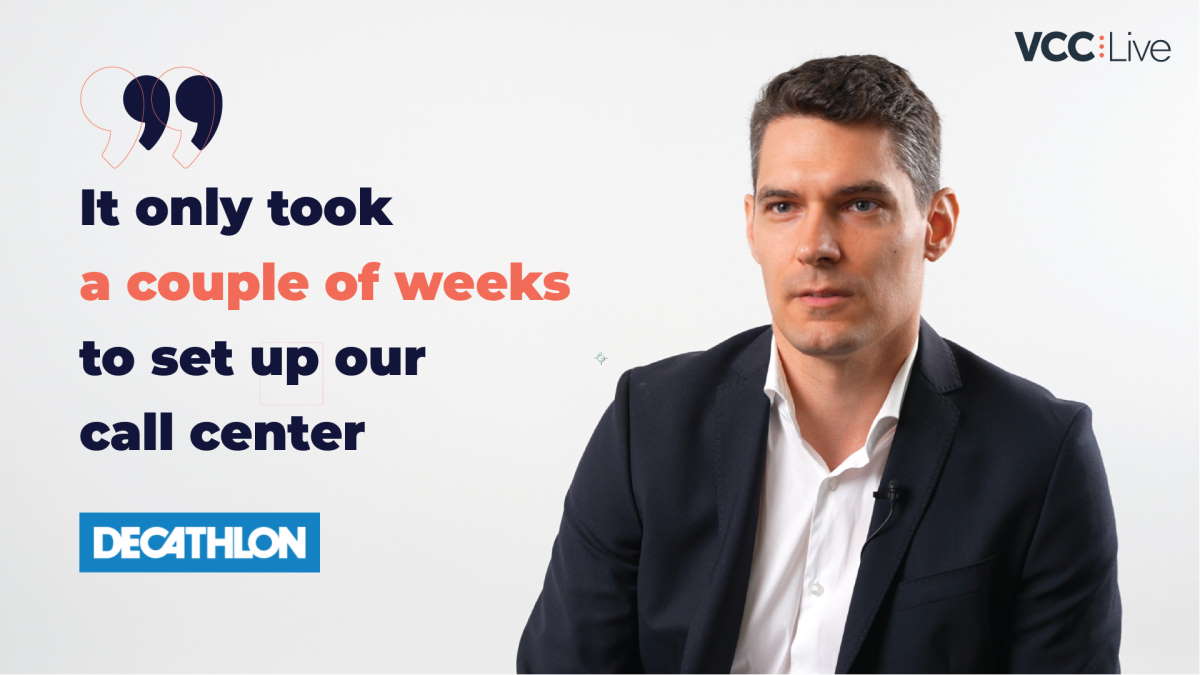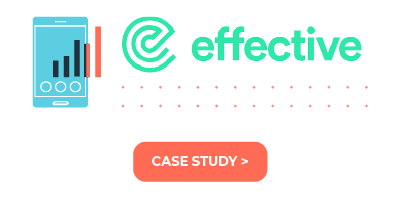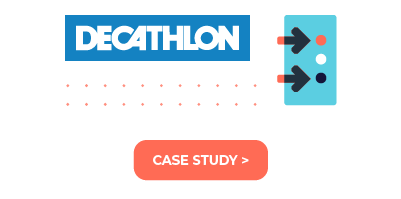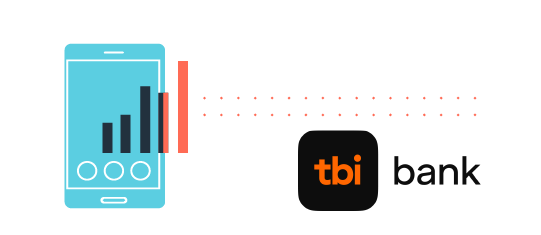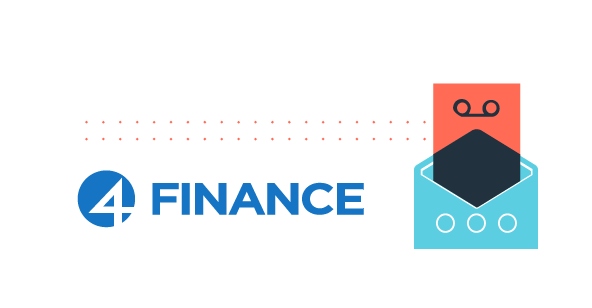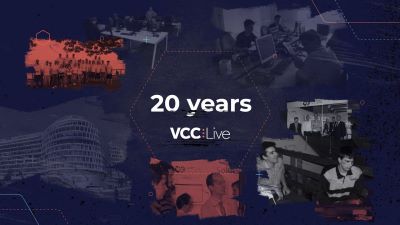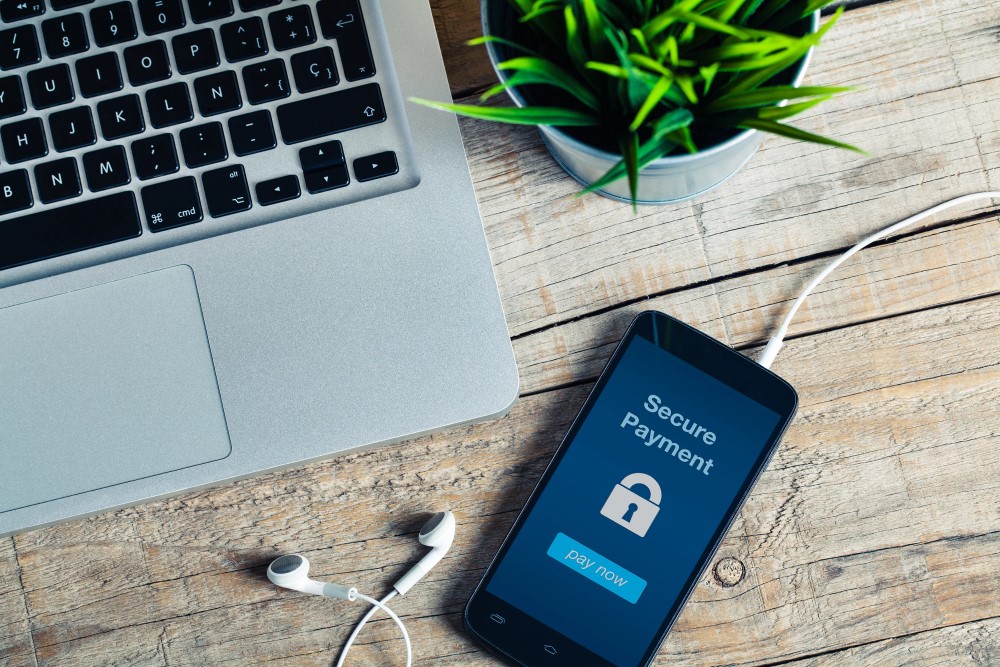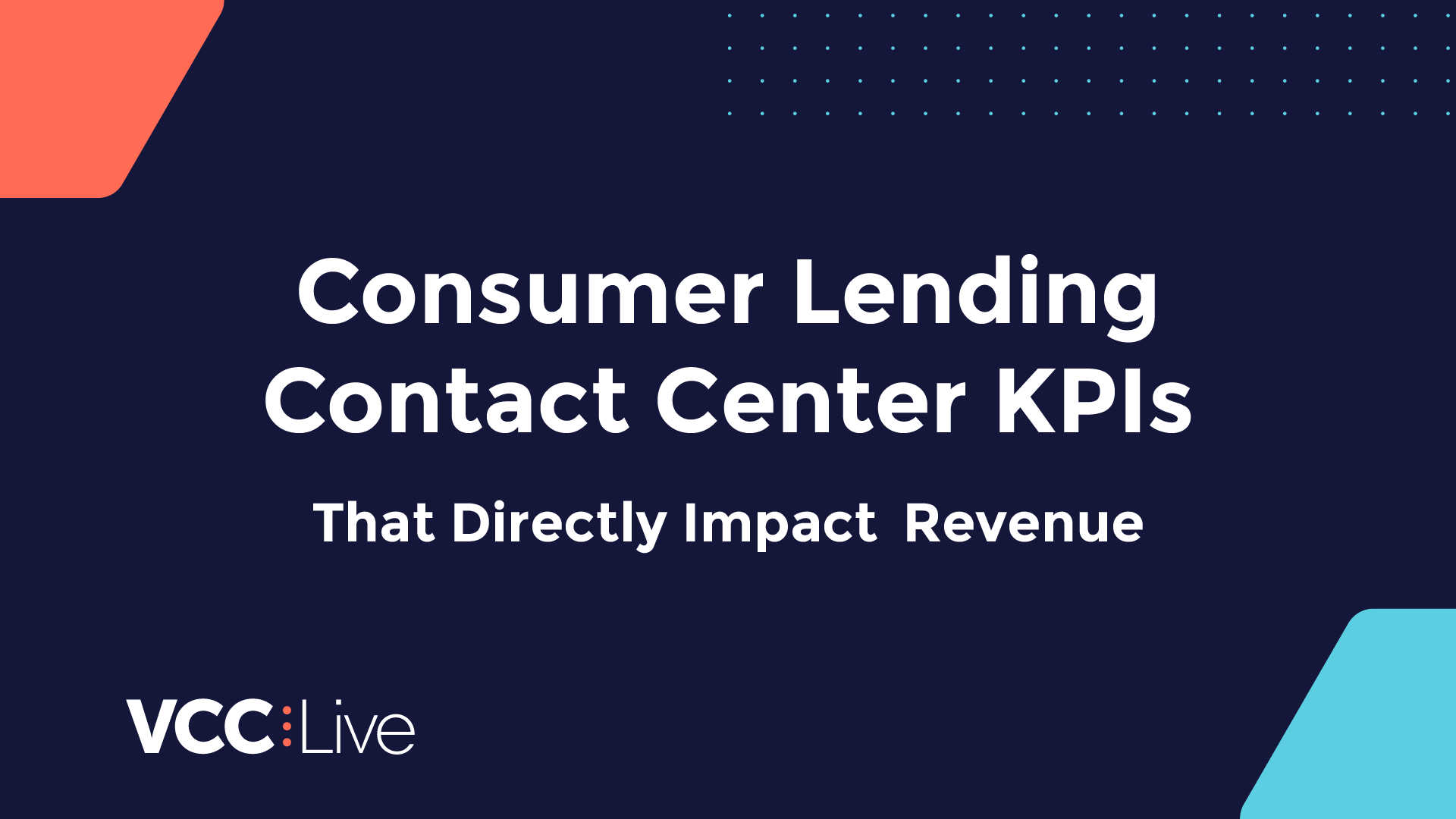Real-time payment technology is definitely a hot topic these days, with instant payment technologies (such as taking payments over the phone) becoming more and more popular with customers around the world, and innovative businesses competing head-to-head to be able to provide their customers with the latest real-time payment options.
However, when it comes to paying online (especially in a post-GDPR world), data security is always a major concern – for both companies and customers. With that in mind, it’s particularly important for companies that provide real-time payment solutions to ensure that the customer data they process is fully safe and secure while handling card and debit card data based on the PCI-DSS regulations.
In this article, using my experience of overseeing the development of VCC Live Pay, a unique real-time payment solution, I’ll show you what you need to know about this technology and how your business can leverage it without jeopardizing customer data.
An era of immediate payments
In an age of ever-increasing customer demands, customers expect to be able to pay anywhere, at any time and as quickly as possible. As such, the idea of paying in real time using web interfaces has been quickly embraced.
But while real-time payment technology has been around for a while, initiating payments in real time during a phone call is still a unique solution, available at only a few companies in the world.
A particular reason for that is that, to be able to initiate real-time payments during phone calls your company or the outsourced call center you rely on will need to be in possession of the PCI DSS certificate, one of the world’s strictest security standards, issued by the five largest credit and debit card issuers in the market (Visa, MasterCard, American Express, Discover and JCB).
Debt collection companies especially can greatly benefit from utilizing real-time payment solutions during phone calls: not only do customers prefer immediate payments but also the best opportunity for successful debt-collection conversions is during a phone conversation.
Therefore, allowing your customers to settle their outstanding debts during a phone call can make all the difference to your collection company.
Currently, businesses can leverage two methods (both of which are available at VCC Live®) to initiate real-time payments during a phone call. So, before you jump into the deep end with real-time payments over the phone, let’s take a look at the pros and cons of each method.
Payments over the phone via IVR
Most of the time companies initiate real-time payments by transferring customers to an IVR system, where they can handle payments themselves without agent assistance.
Of course, paying via an IVR system, has both its pros and cons. In terms of the pros, a great number of customers now prefer the solution provided by an IVR system, solving their own problems without interacting with a live agent. And by relying on self-service IVR systems, businesses can save on human resources.
On the other hand, as you’ll probably be aware, IVR systems are not particularly popular with customers because of potentially long on-hold times and often overcomplicated menu options.
And, despite its prevalence, IVR often isn’t comprehensive enough on its own, with live assistance still ending up being needed. Even worse, many IVR solutions have no option for a human resource that can help customers out if they get stuck during the payment process – although it should be noted that some advanced solutions, such as VCC Live’s VCC Live Pay offering, now provide the option for transferring customers to a live agent if requested and handle the payment with agent assistance. A lot more user-friendly, right?
Real-time payments with agent assistance
These days, paying in real-time through an IVR system is common. But how many of you have ever settled an outstanding debt, for example, an overdue bill, with a live agent during a phone conversation?
Allowing customers to pay during a phone call with agent assistance is still a very unique and innovative technology, with only a few businesses around the world providing such a solution. VCC Live® is proud to be one of those few companies.
However, as we all know, exposing customers’ data to a live agent can potentially bring significant security risks. To address this issue, solutions such as VCC Live Pay make use of mobile phone touchpads’ DTMF technology.
Dual-tone multi-frequency signaling (DTMFs) technology allows telco companies to know what number is being pressed when a customer presses the buttons on their telephone. Each number generates a distinct tone, which is sent as a signal to a switching system that translates it back to the original number.
So, when paying in real time during a phone call with agent assistance, instead of providing credit card information verbally to agents, customers enter the digits of their credit cards on their phone keypads, with agents as such being completely unable to register card data in any way.
As a result, the payment process is not only easy but also fully safe and secure, as no time do agents have access to customers’ card data while a customer is entering credit card details etc.
Without doubt, customer service is a tricky business. With often only a few resources at your fingertips, the key is figuring out what your customers want. The experience of VCC Live Pay’s global success shows that being able to pay in real-time during a single phone call is one thing your customers definitely want.
